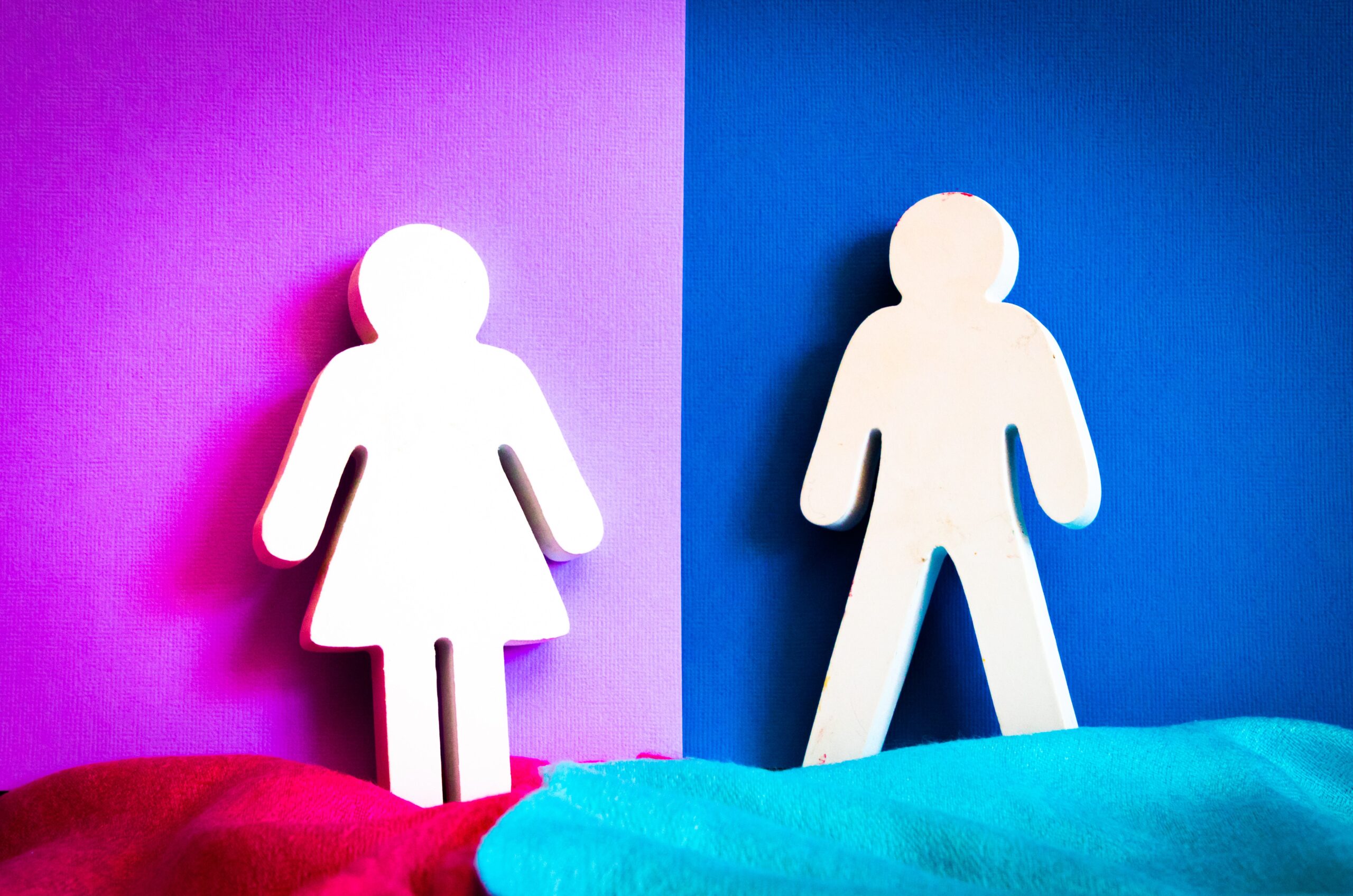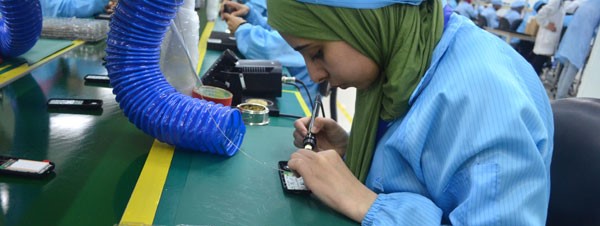For as long as there have been advertisements, marketeers have been coming up with ways to entice customers to choose their products over others in the market. Sometimes, these enticements include appeals to what they think are the buyers’ feminine or masculine sensibilities.
With evolving social roles and a growing awareness of the side effects of gender stereotypes, recent research shows that women especially reject needlessly gendered products.
Research
Delphine Caruelle, an associate professor in Marketing at Kristiania University College, explains gendered marketing as a strategy that “consists in segmenting consumers based on their gender and in tailoring one or several elements of the marketing mix (product, price, promotion, place) based on gender stereotypes” in her 2020 article titled ‘The End of Gendered Marketing.’

Marketing certain products such as health supplements and some hygiene products based on gender is considered a fair marketing practice. “Nobody balks at marketing vitamins for women and vitamins for men because, ostensibly, that makes sense; there’s a justifiable difference between the vitamins recommended for men and women,” said Kate Barasz, an assistant professor at Harvard Business School.
However, pen manufacturer BiC became a laughing stock in 2012 when it released pink and purple ‘Pens for Her’ with a “thin barrel designed to fit a woman’s hand.” In a viral YouTube video, American talk show host Ellen DeGeneres called out the absurdity of such a pen.
A 2019 Harvard Business School working paper by a group including Barasz suggests that these tactics “often backfire to the point of dissuading women from choosing a product they would have considered if the company hadn’t hyped their gender.”
Social experiments by the researchers for that paper showed how women avoided options tagged as ‘for her’ or ‘for women,’ but chose the same options when they didn’t carry the gendered label.
These product labels are particularly annoying to women because they are already a group that is marginalized by negative stereotypes, according to the research. “These appeals can make consumers feel as if they are being viewed through a unidimensional lens,” said the paper’s co-author Tami Kim.
Egypt
This type of gendering is even more evident in the Arabic language, where verbs used for instructions or commands have to be directed to a male or female subject. For example, the language on milk bottle labels and in recipes on packaged food boxes are directed at women.
Mostafa Mohamed, a 34-year-old sales manager, says that this kind of language “doesn’t bother [him], but it does draw [his] attention. It doesn’t solicit any negative emotions though.”
Pointing to the gendered language on cleaning products aimed at women, Dania Akkawi, a 22-year-old social media manager, is annoyed by the stereotype that only women are responsible for cleaning the house. “It’s not fair,” she says, “You can be a man living alone and you need cleaning supplies too.”
Akkawi also points out the gendering of children’s chocolate, Kinder Surprise, an egg-shaped chocolate with a toy inside. saying that when she was growing up they didn’t have the gender distinction they have now. In 2016, Kinder Surprise changed their packaging to either feature a blue or pink tint at the top of the egg to signal ‘for boys’ or ‘for girls,’ a move that was even criticized at the time. Akkawi, however, found that unnecessary. “I didn’t mind [the original packaging], I liked the toy anyway,” she says.

Gendered advertisements can also come under fire for not just depicting gender stereotypes but encouraging them as well. In 2012, in reaction to an Egyptian Birrell advertisement with the slogan ‘Man Up’ (estargel), a Facebook page called for boycotting the non-alcoholic beer drink. The anonymous creator of the page wrote that the call to boycott was because the advertisement “instills false notions of masculinity in its audience” in addition to being degrading to and alienating women.
Where it’s headed
While neither Akkawi or Mohamed recalled a recent advertisement that defied traditional gender stereotypes, social perceptions and well-received international ads could pave the way for gender-neutral ads in Egypt in the near future. For example, in October, Danish toy company LEGO pledged that they would “remove gender bias” from its toys, and subsequently its advertisements.
Another success story is American energy drink company Proper Wild. Traditionally, the energy drink market targets men with constant associations with extreme sports. But Proper Wild found that slightly more than half of its consumers were women. Defying the market stereotype, the company uses colorful, light-hearted packaging that doesn’t target men or women specifically. Proper Wild founder Vincent Bradley told Forbes in 2020, “We think being gender-neutral is going to be a huge strength for us.”
With the market evolving and taking note of developing societal values, a change in marketing strategies is inevitable. Else, companies risk alienating half the market: women, who feel harmed by the stereotypes in gendered products and ads.







